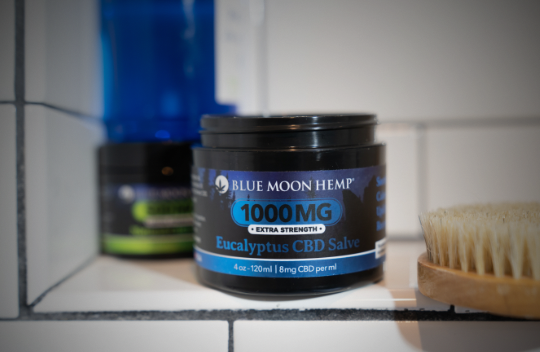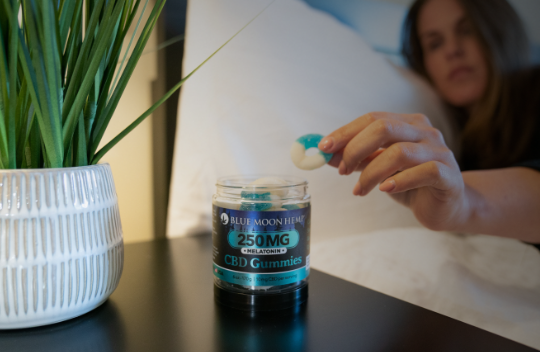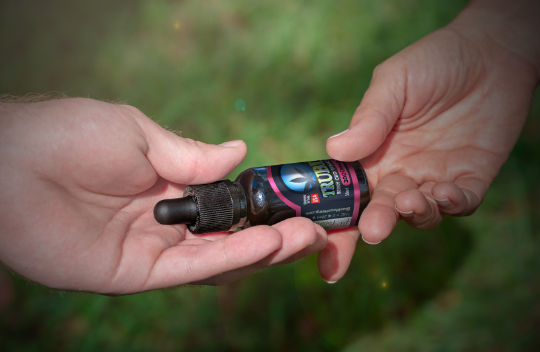What is Delta 8?
Delta 8 THC , also known as delta-8-tetrahydrocannabinol, is a minor cannabinoid that is found in low concentrations in cannabis plants. It is similar to delta-9-tetrahydrocannabinol (THC), the primary psychoactive compound in cannabis, but with some distinct differences. Delta 8 is known for producing a milder and more relaxed high than delta-9 THC, making it an attractive alternative for those who want to experience the benefits of THC without the intense psychoactive effects. Delta 8 THC has a similar chemical structure to Delta 9 THC, but with a slight difference in the placement of a double bond in its chemical structure. This difference results in slightly different effects when consumed.
What is Delta 9?
Delta 9 THC, or delta-9-tetrahydrocannabinol, is the most well-known cannabinoid and is the main psychoactive compound in cannabis. This compound is responsible for the high that is commonly associated with cannabis use. D9 is the most potent cannabinoid in cannabis and is responsible for the euphoric and psychoactive effects commonly associated with cannabis use. Delta 9 THC is also illegal at the federal level in the US, although it is legal in some states for medical or recreational use.
Understanding What Cannabinoids are
Cannabinoids are naturally occurring compounds found in cannabis plants. They interact with the body’s endocannabinoid system, which is a complex network of receptors and enzymes that regulate many physiological processes. When cannabinoids are consumed, they bind to these receptors and can have a range of effects on the body, including reducing pain and inflammation, altering mood and cognition, and regulating appetite and sleep. Cannabinoids can be produced by the body, as well as found in plants like cannabis. The most well-known cannabinoid is delta 9-tetrahydrocannabinol (THC), which is responsible for the psychoactive effects of cannabis. However, there are many other cannabinoids with different properties and potential therapeutic benefits.
Extracting Methods
If you’re curious about how delta 8 and delta 9 THC are extracted from cannabis plants, you’ve come to the right place. There are several methods used to extract these cannabinoids, each with their own pros and cons.
Let’s start with delta 8 THC. One common method is to convert CBD into delta 8 THC. This involves exposing CBD to certain chemicals and heat, which triggers a chemical reaction that converts it into delta 8 THC. Another method used for delta 8 THC extraction is called chromatography. This involves separating delta 8 THC from other cannabinoids and impurities using various techniques.
Now let’s move on to delta 9 THC. The most common method for extracting delta 9 THC is through the use of solvents, such as ethanol or butane. This method involves soaking the cannabis plant material in the solvent, which extracts the cannabinoids and other compounds. The solvent is then removed, leaving behind a concentrated extract that can be further processed into various forms, such as oils, tinctures, or edibles.
It’s important to note that the extraction method used can have an impact on the purity and quality of the final product. For example, some extraction methods may result in residual solvents or impurities that could be harmful if consumed. Therefore, it’s important to ensure that any extraction methods used are performed safely, with proper ventilation and protective gear to prevent accidents or exposure to harmful chemicals.
Overall, understanding the different methods used to extract delta 8 and delta 9 THC can help consumers make informed decisions about the products they choose to consume. By being aware of the extraction methods used and the potential risks involved, individuals can make sure they are getting safe and high-quality products.
Exploring the Healing Potential of Delta 8 & Delta 9 THC
- Pain relief: Delta 8 THC may help relieve pain by interacting with the body’s endocannabinoid system. The endocannabinoid system is responsible for regulating pain, and Delta 8 THC may help reduce inflammation, which can alleviate pain symptoms.
- Anxiety and depression: Delta 8 THC may also help alleviate symptoms of anxiety and depression. It is believed that Delta 8 THC works by binding to the CB1 receptors in the brain, which can help regulate mood and emotions.
- Appetite stimulation: Delta 8 THC may help stimulate appetite, which can be helpful for people who are struggling with poor appetite due to chemotherapy, HIV, or other conditions.
- Anti-nausea: Delta 8 THC may also help reduce nausea and vomiting. This can be helpful for people undergoing chemotherapy or those who suffer from conditions that cause nausea.
- Neuroprotective properties: Delta 8 THC may have neuroprotective properties, which means that it may help protect the brain from damage caused by injury or disease.
Conclusion
D8 and D9 THC are two cannabinoids found in cannabis plants that have different effects and potential therapeutic benefits. Delta 8 THC is milder and produces a more subtle high, while delta 9 THC is more potent and produces a more intense high. Both cannabinoids have potential therapeutic benefits.
Note:It’s important to note that the benefits of Delta 8 & 9 THC are still being studied, and more research is needed to fully understand its potential health benefits. It’s also important to talk to a healthcare professional before using Delta 8 THC or any other cannabis-related product, especially if you have any pre-existing medical conditions or are taking medication that could interact with it.




